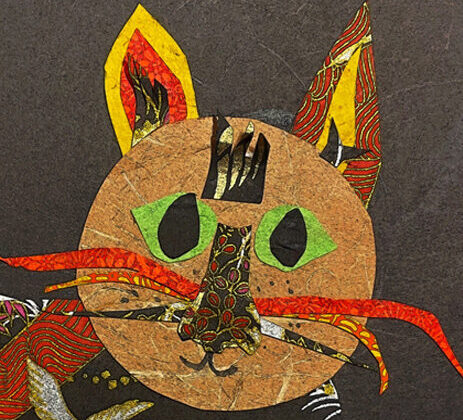Haiga Gallery 19.1
Selected by Ron C. Moss, Haiga Editor
About the Artists
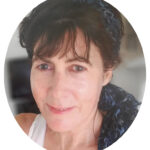
Emma Alexander Arthur is a Scottish-Norwegian artist and writer who loves to explore nature. It is nature’s beauty and wonder that inspires her art. Emma has studied graphic design and sumi-e brush painting and is a certified teacher. She mainly uses ink, watercolours, photography and digital techniques to create her art.
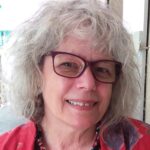
Montrealer Maxianne Berger began exploring the possibilities of haiga in early 2021. After French and English, photography has become her other language.
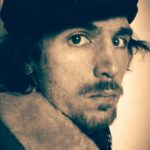
Jerome Berglund has many haiku, senryu, tanka exhibited and forthcoming online and in print, most recently in the Asahi Shimbun, Bottle Rockets, Cold Moon Journal, Failed Haiku, Frogpond, Haiku Dialogue, Haiku Seed, Japan Society, Poetry Pea, Ribbons, Scarlet Dragonfly, Time Haiku, Triya, Under the Basho, Wales Journal, and Zen Space.
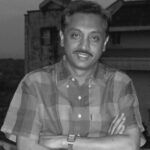
Ram Chandran is a corporate lawyer and a freelance journalist. A haijin since 2020, he has written more than 1,200 haiku, haibun, senryu, tanka, rengay, and haiga/photo haiku. Many of his works have been published in various prestigious print and online haiku journals.
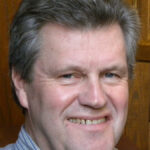
Tim Cremin is a high school math teacher in Massachusetts. In addition to contemporary haibun online, many other fine journals have published Tim’s poetry, including Acorn, bottle rockets, Failed Haiku, Frogpond, Mayfly, Modern Haiku, Ribbons, The Heron’s Nest, and tinywords.
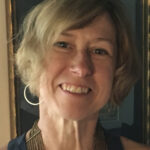
After moving back near her childhood home in rural Ohio, Kari Davidson has discovered haiga as a way to make sense of old and new, belonging and alienation, the natural world and human nature. Kari works as a nurse practitioner, and enjoys music, photography, hiking, and haiku.
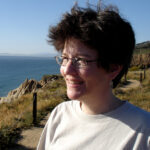
Cherie Hunter Day has published haiku and tanka for over thirty years. Recent collections include Miles Deep in a Drum Solo (Backbone Press, 2022), winner of the 2021 Backbone Press Haiku Chapbook Contest, and for Want (Ornithopter Press, 2017). She has also won awards for wildlife illustration. She lives in the San Francisco Bay Area.
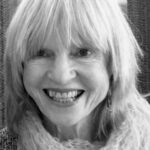
Born in New Zealand, Jenny Fraser of Riverweaver—nature lover, musician, artist and poet—lives beside the Pacific Ocean in Mt. Maunganui, New Zealand. Her haiku, senryu, tanka, haiga and haibun are published in New Zealand and International Journals.
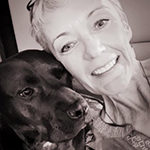
Terri L. French is a poet/writer and retired massage therapist. She and her husband, Ray, have four mostly grown children and one spoiled dog. They now enjoy the nomadic life of full-time RVers.
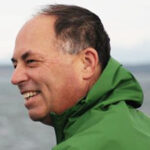
John S Green, author of Whimsy Park: Children’s Poems for the Whole Family, is widely published in all styles of poetry—but especially haiku. John lived in Europe before moving to the United States at age thirteen. His daughter cooks with spice, and his wife still laughs at his jokes.
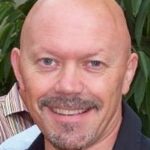
John Hawkhead has been writing haiku and producing haiga for over 20 years, with work published all over the world. Apart from cho, you can see his haiga at Daily Haiga, Modern Haiga, Wales Haiku Journal, Human/Kind, and many other publications.
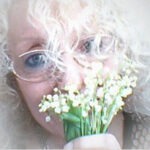
Lavana Kray is from Romania. She has won various prizes in haiku and tanka competitions, and her work is widely published. The World Haiku Association awarded her the title of Master Haiga Artist. She currently serves as editor of haiga at Cattails (UHTS). She has published three photo-haiku books and one tankart collection. See more of her work at https://photohaikuforyou.blogspot.com.
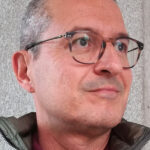
Oscar Luparia (born in Vercelli, Italy, in 1956) is a trade unionist. Mountains, photography and haiku are his main passions. Some of his poems have been published in international journals and websites. So far, he wrote six haiku collections, all available for free at https://archive.org/details/@oscar_luparia.
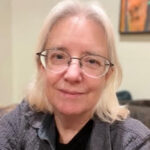
Kate MacQueen is a social scientist and poet living in Chapel Hill NC, USA. Recent work has appeared in Rattle, Modern Haiku, The Heron’s Nest, Hedgerow, and various anthologies, including Haiku 2014 (Modern Haiku Press, 2014), Wishbone Moon (Jacar Press, 2018), Best Small Fictions 2022 (Sonder Press, forthcoming), and contemporary haibun 18 (Red Moon Press 2023).
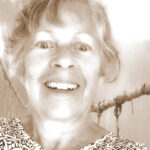
Dian Duchin Reed is an award-winning writer whose poems, articles, essays, and photographs have appeared in many publications. Her books include Medusa Discovers Styling Gel (poetry) and Dao De Jing: Laozi’s Ancient Wisdom (translated from the Chinese). Learn more at dianduchinreed.com.
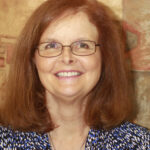
Susan Lee Roberts hosts a weekly haiku study group, has edited the group’s anthology, Fun Friday Haiku, and attends several haiku critique groups. Her haiku have been published in Frogpond, on The Haiku Foundation’s Haiku Dialogue, and in Song of the San Joaquin.
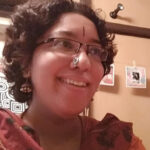
Shloka Shankar is a poet, editor, and artist from Bangalore, India. A Best of the Net nominee and award-winning haiku poet, Shloka is the Founding Editor of Sonic Boom and its imprint Yavanika Press. She is the author of the microchap Points of Arrival and her full-length haiku collection, The Field of Why.
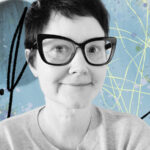
Whether through art, craft, or word, Robin Smith is in a constant state of creating. Learn more at linktr.ee/komadorihaiku.
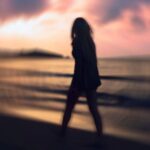
C.X. Turner (she/her) is a widely published UK poet mainly focused on writing short-form poems. She enjoys working collaboratively with other poets and on solo projects, interspersed with long walks and oil pastels. She is part of the Wales Haiku Journal team and had several works nominated for the 2022 Touchstone Awards. Find her on Twitter, @lover__poetic, or Instagram, love.rpoetic.
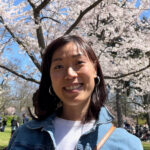
Wai Mei Wong is a former early childhood educator living in Toronto, Canada. Her picture book Hello, Dark was shortlisted for the 2022 IODE Jean Throop Book Award, and chosen for the 2022 CCBC Spring Best Book for Kids & Teens Selection. She enjoys poetry, nature walks and funny movies.
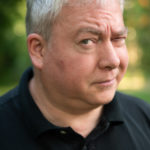
Michael Dylan Welch wrote his first haibun in 1989. See http://www.graceguts.com for more. He lives near Seattle and ran the first haibun contest in English in 1996.
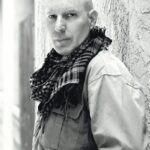
Ian Randall Wilson has published two chapbooks, Theme of the Parabola and The Wilson Poems, both from Hollyridge Press, and a full-length collection, Ruthless Heaven. He has an MFA in Fiction and in Poetry from Warren Wilson College, and his work has appeared in The Gettysburg Review and Alaska Quarterly Review. He is an executive at Sony Pictures Entertainment.
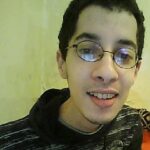
Hassane Zemmouri is from Algiers/ Algeria. He has been writing haiku/ senryu since September 2017. He started creating haiga in 2020. His haiga are published or forthcoming in many journals, including Daily Haiga and Our Best Haiga.
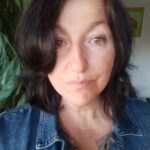
Magali Bretou is from Lyon, France. She likes the old quarters and bugnes. For eight years, photography has been her passion; she likes to show the beauty of simple things, of nature—the delicacy of a flower, the emotion in the eyes of an animal…
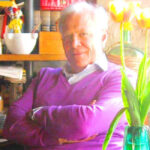
Romano Zeraschi lives in Italy, between Parma, Bardi, and Cinqueterre/5 Lands. His haiku, haiga, and haibun have been published in many international magazines and anthologies, including one manga.
